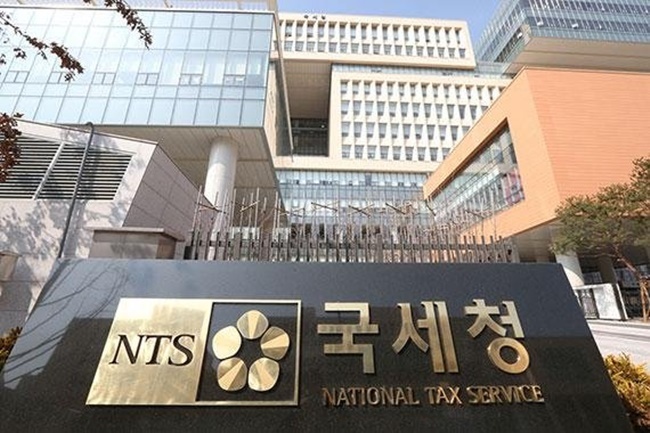Govt., ruling party seek tax code revision for fairness, job growth
By YonhapPublished : July 26, 2018 - 09:32
The government and the ruling Democratic Party said Thursday they will seek to revise the tax code this year in a way that will promote fair taxation and help boost job growth.
Ruling party and government officials reached the agreement at their consultative meeting at a time when the Korean economy is slowing amid a sluggish job market.
"A revision of the tax code will center on improving income distribution and enhance taxation fairness in connection with the government's move to overhaul the property tax system," Finance Minister Kim Dong-yeon said at the start of the meeting.
Ruling party and government officials reached the agreement at their consultative meeting at a time when the Korean economy is slowing amid a sluggish job market.
"A revision of the tax code will center on improving income distribution and enhance taxation fairness in connection with the government's move to overhaul the property tax system," Finance Minister Kim Dong-yeon said at the start of the meeting.

The government will also support firms seeking innovation-driven growth and help low-income families, he added.
In early July, the government said it plans to hike real estate taxes in a move that it says will help narrow the widening income gap and curb rising housing prices.
Last week, the government unveiled its plan to boost spending to create jobs and expand the social safety net amid signs that the Korean economy is losing steam. It cut its 2018 economic growth projection to 2.9 percent from its earlier forecast of 3 percent.
Kim dismissed concerns that an expansion of the government's spending might hurt fiscal soundness.
"The planned tax code revision is expected to curtail about 2.5 trillion won ($2.2 billion) in tax revenue over the next five years. But given sound fiscal conditions, it will not be burdensome," the minister noted.
"The government will do its best to achieve the 3-percent growth through job creation and innovation-driven growth," he said.
Details about the revision include an expansion of subsidies designed to ease low-income households' burden to raise children and to give tax deductions for postpartum care medical expenses.
The government and the party agreed to increase tax credits for smaller firms that hire more employees and to provide larger tax benefits to companies making facility investments related to innovation-led growth. (Yonhap)

















![[KH Explains] Hyundai's full hybrid edge to pay off amid slow transition to pure EVs](http://res.heraldm.com/phpwas/restmb_idxmake.php?idx=652&simg=/content/image/2024/04/18/20240418050645_0.jpg&u=20240418181020)

![[Today’s K-pop] Zico drops snippet of collaboration with Jennie](http://res.heraldm.com/phpwas/restmb_idxmake.php?idx=642&simg=/content/image/2024/04/18/20240418050702_0.jpg&u=)